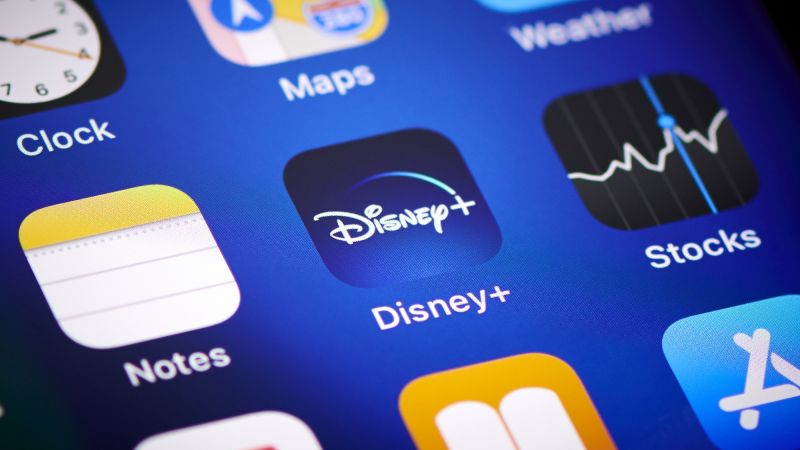Disney managed to achieve profitability for their streaming services, Disney+ and Hulu, for the first time ever, with a profit of $47 million. However, their other streaming property, ESPN+, continued to lose subscribers and money, resulting in a combined streaming loss of $18 million. While this was a significant improvement over the $659 million loss reported in the same period a year ago, Wall Street was not satisfied with the results and sent Disney’s shares down by more than 9%.
Despite the positive development of turning a profit, investors were concerned about the projected slowdown in growth in the entertainment streaming sector in the next quarter. Disney stated that they still expect the combined streaming business to achieve profitability by the end of the fiscal year in September. Analysts caution that while reaching profitability is an accomplishment, maintaining it will be a challenge for Disney in the long run. The company is facing stiff competition from tech giants like Apple and Amazon, as well as Netflix, in the streaming market.
Streaming represents a major shift for legacy media companies like Disney, which have traditionally relied on cable TV for revenue. With the decline of cable due to cord-cutting, companies are scrambling to adapt to the new streaming model to stay relevant. The challenge for Disney lies in balancing their traditional core business of movie-making with the demands of streaming, while competing with established players like Netflix. Profits margins are lower in the streaming business, making it difficult for companies to transition away from the cable model they have built their businesses on.
Adding to Disney’s challenges is a series of box-office flops, executive turnover, and shareholder drama. CEO Bob Iger has been working on a turnaround strategy that involves layoffs and mergers, all while trying to find a successor before his contract expires. The uncertainty surrounding Disney’s future earnings has created more focus on the company’s results in the coming quarters, according to portfolio manager Brian Mulberry. The recent stock market reaction indicates that investors have more questions than answers regarding Disney’s performance.
In conclusion, while Disney’s achievement of turning a profit in their streaming services is a positive development, the company faces numerous challenges in the evolving media landscape. The shift to streaming represents a fundamental change in the way content is consumed, forcing companies like Disney to adapt quickly to remain competitive. Maintaining profitability in the streaming business will be crucial for Disney’s long-term success, as they continue to navigate through a complex and competitive market. Wall Street’s reaction to Disney’s recent earnings highlights the uncertainty surrounding the company’s future performance and the need for consistent growth in the streaming sector.


